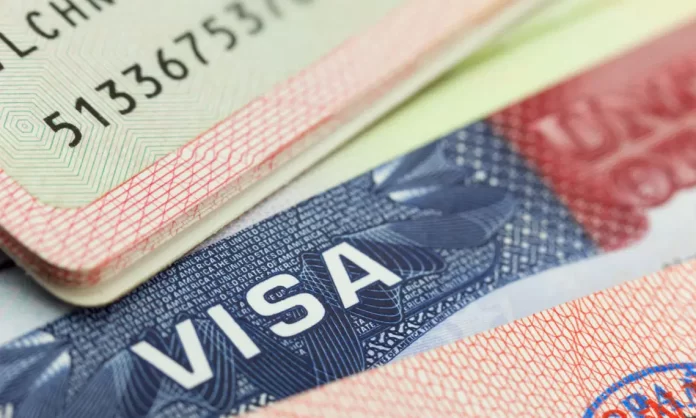Singapore has announced a significant increase in the salary threshold for foreign workers applying for the S Pass work visa permit. Starting from September 1, 2025, the new minimum salary requirement will be set at $5,650, up from the current threshold of $3,150.
The S Pass is a work permit designed for mid-skilled foreign workers filling roles that do not qualify for the Employment Pass. It allows employers to hire foreign talent for positions that are crucial to their business operations.
The updated salary threshold will apply to both new applicants and renewals. While new applications will be subject to the higher salary requirement from September 1, 2025, existing S Pass holders seeking renewals will see the change implemented from September 1, 2026.
According to the Ministry of Manpower, the S Pass is intended for foreign workers of all nationalities who have job offers in Singapore and earn a fixed monthly salary comparable to the top one-third of the local Associate Professionals and Technicians (APT) workforce, based on age.
Currently, the minimum salary for S Pass applicants stands at $3,150 across most industries, with incremental increases based on age. For applicants aged 45 and above, the threshold is higher at $4,650. In the financial services sector, the minimum salary starts at $3,650, rising to $5,650 for older applicants.
As part of the salary revisions, the minimum salary for general industries will rise to $3,300, while in the financial services sector, it will increase to $3,800. These figures will be finalized closer to the implementation date to align with prevailing local wages for APTs.
The new criteria mean that only those securing higher-paying positions will qualify for the S Pass.
The changes are aimed at aligning the earnings of S Pass holders with the top tier of Singapore’s local workforce. This adjustment seeks to address wage disparities and foster a high-quality labor force. Additionally, the government hopes to encourage employers to prioritize local talent while continuing to attract skilled professionals to support the country’s global competitiveness and growth.



